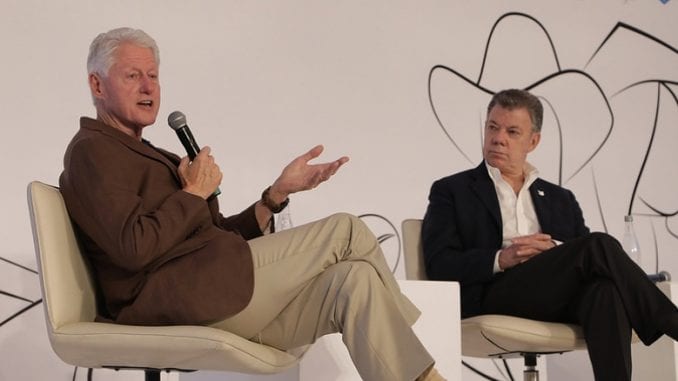
Bill Clinton, Jeffrey D. Sachs, and others came together for the World Coffee Producers Forum in Colombia, discussing issues central to coffee’s future.
BY CHRIS RYAN
BARISTA MAGAZINE ONLINE
Photos courtesy of Federación Nacional de Cafeteros de Colombia
A wide range of coffee stakeholders from more than 35 countries gathered in Colombia last month for the World Coffee Producers Forum. The event’s goal was to bring together actors in the coffee industry to discuss some of the pressing issues currently facing coffee producers, including the effects of climate change and questions around economic sustainability.
The event—hosted by the Colombian Coffee Growers Federation (FNC)—took place July 10-12 at the Intercontinental Medellin Hotel in Medellin. Attendees hailed from coffee-producing countries throughout Africa, Asia, and Latin America, as well as from primarily consuming countries in North America, Europe, and Asia.
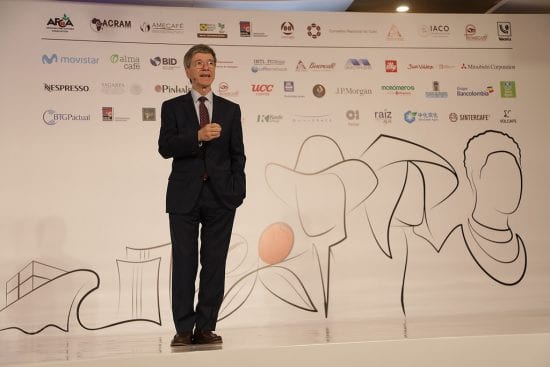
Those in attendance were treated to a program featuring speakers a bit more prominent than the average coffee conference. Perhaps the best known was former U.S. President Bill Clinton, who took part in the panel discussion “Economic Sustainability and Rural Development to Promote Global Stability and Democracy” alongside Colombian President Juan Manuel Santos. Another prominent global figure on the program was Jeffrey D. Sachs, the prominent economist from Columbia University, who delivered the event’s keynote speech. The presidents of Costa Rica and Honduras also attended the event, as well as the Vice President of El Salvador.
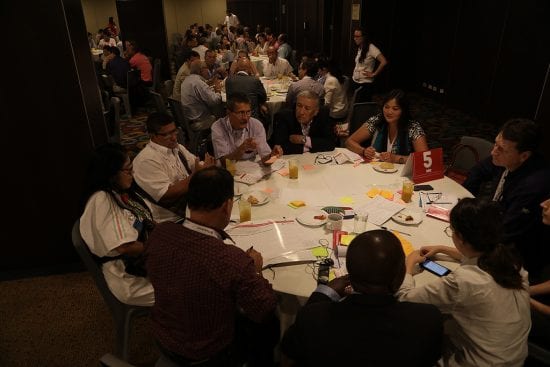
For three days, these speakers delved into the details of issues facing coffee producers and the sustainability of global coffee production, including:
- Low prices and extreme market volatility
- A dwindling workforce of coffee producers, with younger generations choosing not to pursue coffee as a career
- Adaptation to climate change
From these discussions, the forum ended with a final declaration announcing the intention to create an action plan, to be developed by coffee stakeholders with the support of the International Coffee Organization (ICO). The action plan will establish concrete goals, deadlines, and plans to obtain the necessary funding. Carrying out these actions will be a newly formed committee that will include coffee producers and industry representatives from five continents. The committee will provide an update on the action plan at the next meeting of the ICO’s International Coffee Council, taking place in March 2018.
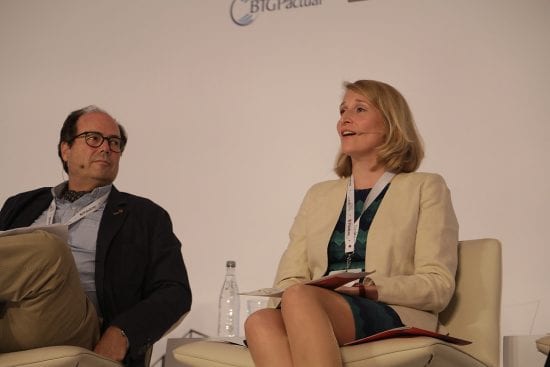
“We have just started a new process in the world coffee sector,” said Roberto Velez, CEO of the FNC, immediately after the World Coffee Producers Forum in a post-event press release. “Today we finished a reflection, assembling ideas, a process of listening to each other, but it is only the beginning of what we hope is a new stage.”
The action plan will also reference information obtained in a study—to be conducted by an independent organization—that will measure the pattern of coffee prices in the past 40 years and their correlation with production costs during the same period. Building off of conversations at the forum in Colombia, the study will seek to determine if C-market prices have reflected the reality of the physical market, and will use the findings in discussions going forward.
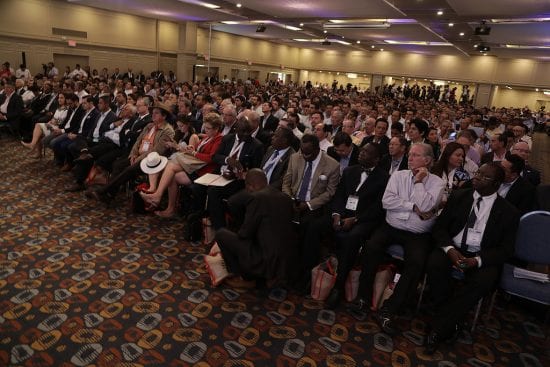
While the July event was the first World Coffee Producers Forum, it won’t be the last: The next forum will take place in 2019 in a to-be-announced location. For more on the 2017 World Coffee Producers Forum and future events, visit the website here.

